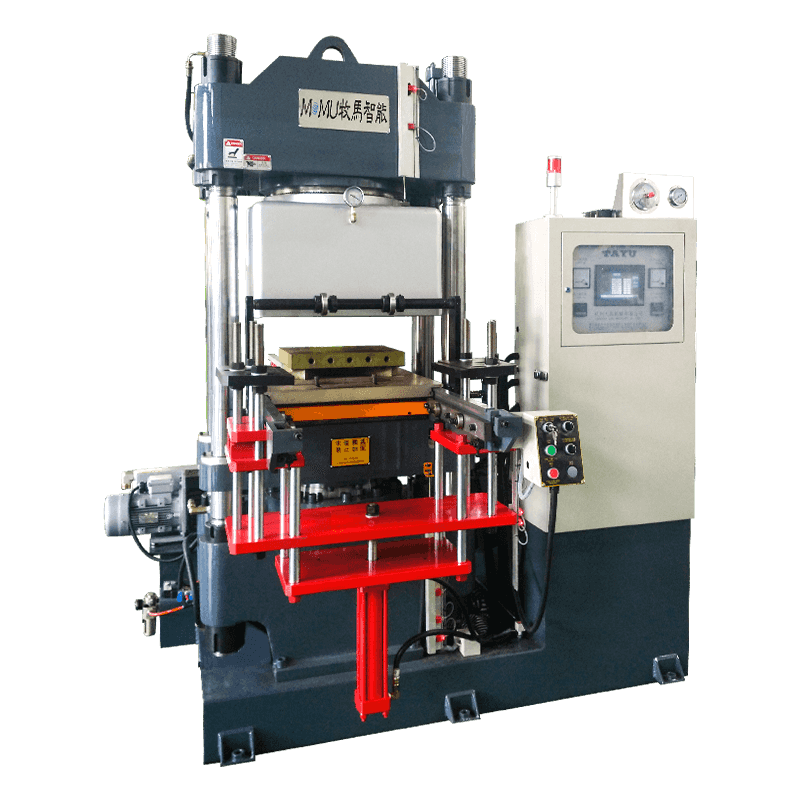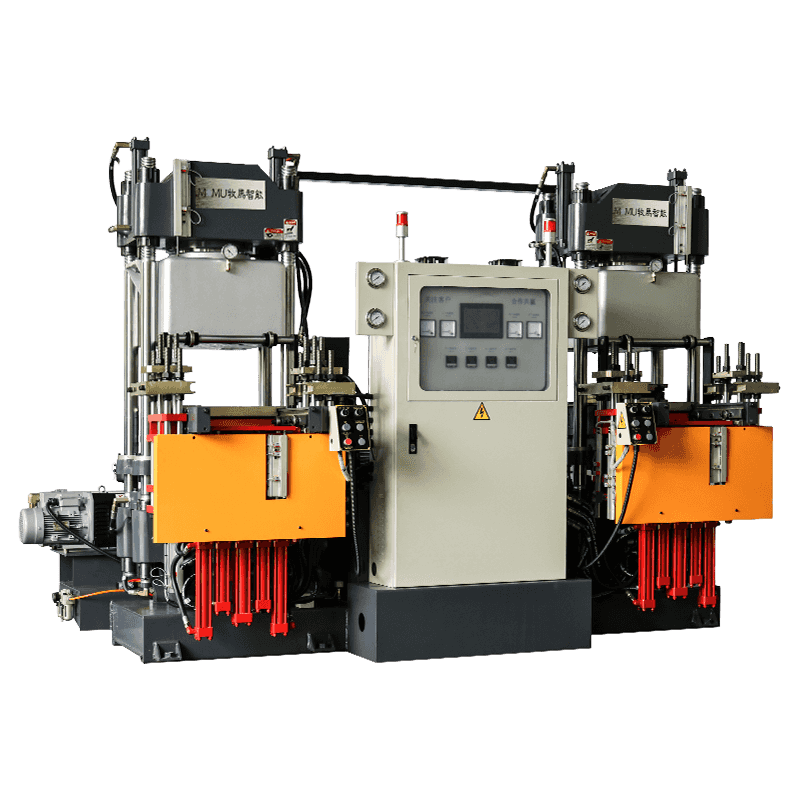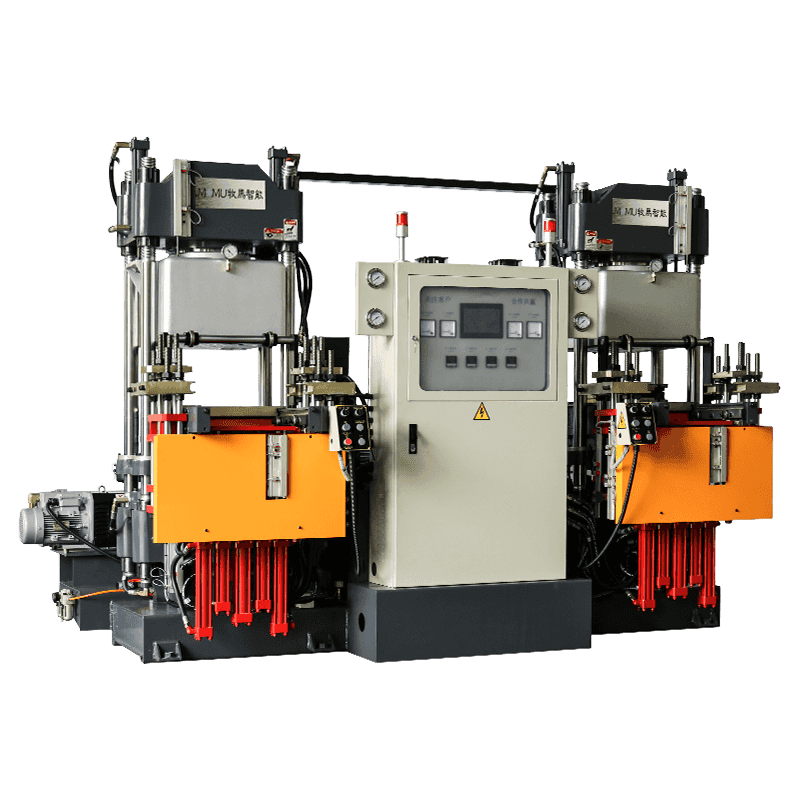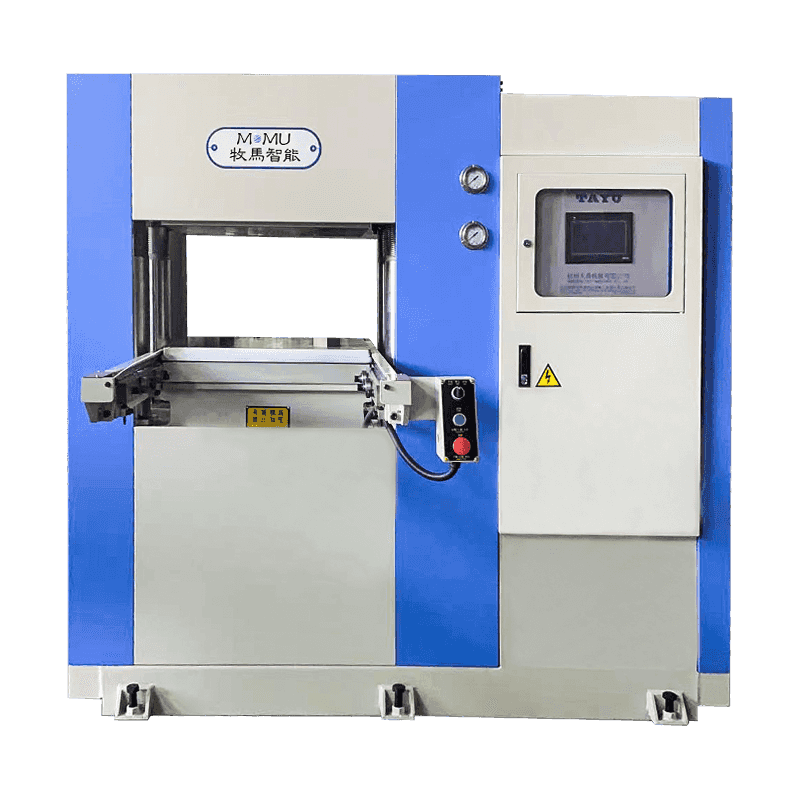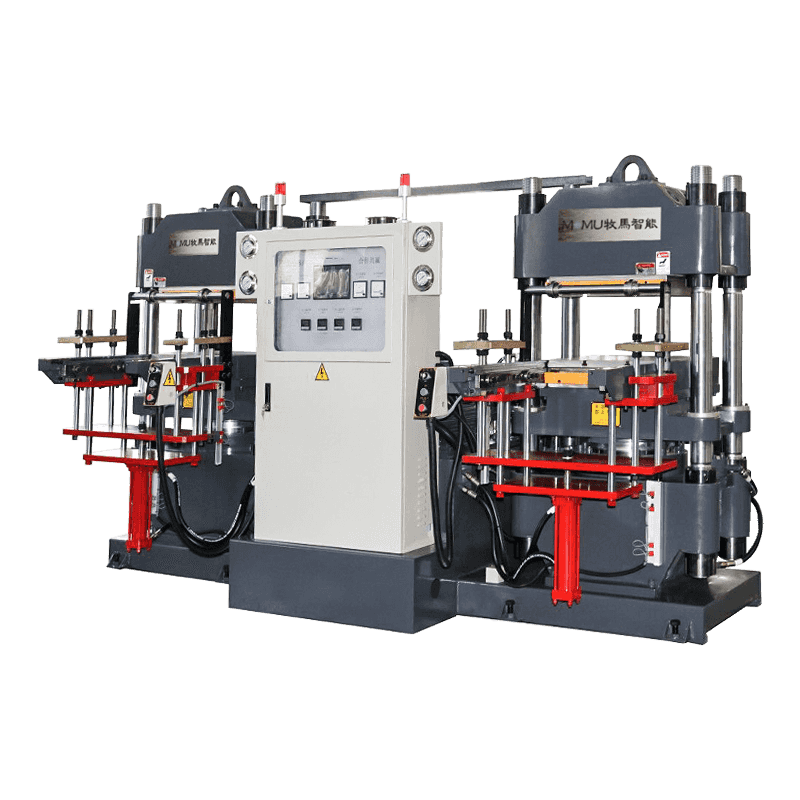Injection molding is one of the most widely used manufacturing processes in modern industry, particularly for producing complex parts in high volumes. The C-shaped corner special injection molding machine is a variant of the traditional injection molding machine, designed to cater to specific needs such as the molding of parts with intricate shapes or components that require complex corner geometries. This machine is equipped with specialized molds and features that enable it to produce components with highly accurate and consistent corner features.
In industries like automotive and electronics, where precision, efficiency, and cost-effectiveness are critical, the C-shaped corner special injection molding machine plays an important role. Its ability to mold parts with complex geometries, including sharp corners and undercuts, makes it indispensable in producing components that are integral to the performance and design of modern vehicles and electronic devices.
This article explores the common applications of C-shaped corner special injection molding machines in the automotive and electronics industries, highlighting the unique features that make this technology essential for high-quality manufacturing.
1. Applications in the Automotive Industry
The automotive industry is one of the primary sectors that benefits from the use of C-shaped corner special injection molding machines. Automotive components require precise shapes and high durability to ensure the safety, functionality, and aesthetic appeal of the vehicles. C-shaped corner molding technology is particularly useful for manufacturing small to medium-sized components with complex geometries.
1.1 Interior Components
One of the most common uses of C-shaped corner injection molding machines in the automotive industry is for producing interior components. These components include parts such as dashboard panels, console assemblies, door trims, and storage compartments. Many of these parts have intricate corner geometries, sharp bends, and undercuts that are difficult to achieve using traditional molding techniques.
The C-shaped corner special injection molding machine can accurately form these complex shapes, ensuring that the parts fit together seamlessly and meet the required aesthetic and functional standards. This technology enables manufacturers to create smooth, intricate designs with tight tolerances, improving both the look and the durability of the finished products.
1.2 Exterior Parts and Body Panels
In addition to interior components, C-shaped corner injection molding machines are also used in the production of exterior parts and body panels. These include bumpers, grilles, and headlight housings. Automotive exterior components are subject to harsh environmental conditions, requiring materials that offer both strength and flexibility.
The ability of C-shaped corner molding machines to handle complex corner geometries is particularly valuable in the production of parts like bumpers, which require precision in molding to accommodate mounting hardware and ensure proper alignment with the vehicle’s structure. The use of specialized injection molds in C-shaped corner molding machines ensures that these parts meet the necessary strength, impact resistance, and aesthetic standards while maintaining cost efficiency.

1.3 Functional and Structural Components
Another critical area where C-shaped corner special injection molding machines are used in the automotive industry is for producing functional and structural components, such as engine parts, bracket systems, and mounting hardware. These parts need to be both highly durable and precisely formed to ensure the reliability and safety of the vehicle.
For example, the mounting brackets that hold various components, such as radiators or electronic modules, often have specific angles and shapes that cannot be easily achieved with conventional molding techniques. C-shaped corner injection molding machines can create these components with high accuracy, ensuring the parts fit precisely in their designated positions and can withstand the high mechanical loads and stresses they encounter during operation.
2. Applications in the Electronics Industry
The electronics industry is another major sector where C-shaped corner special injection molding machines play a vital role. Electronics products, from smartphones and laptops to home appliances and automated devices, require components with precise shapes, robust mechanical properties, and high reliability. In many cases, these components must be made from plastics or composite materials, which are molded into intricate, geometrically complex forms.
2.1 Enclosures and Housings for Electronic Devices
One of the most common applications of C-shaped corner molding in the electronics industry is the production of enclosures and housings for electronic devices. These include components like smartphone casings, laptop bodies, battery compartments, and consumer electronics housings.
Many of these enclosures require sharp corners and undercuts that traditional molding techniques may struggle to handle efficiently. C-shaped corner special injection molding machines are designed to produce such parts with high precision, ensuring that the device’s exterior is sleek, durable, and properly assembled. Additionally, the material properties of the molded parts must meet the exacting standards for heat dissipation, electromagnetic interference shielding, and impact resistance—all of which are critical for electronics products.
2.2 Connectors and Circuit Boards
The electronics industry also relies heavily on C-shaped corner special injection molding machines for the production of connectors and circuit board components. Connectors, which allow different electronic devices to communicate with one another, often feature complex corner geometries to facilitate the connection of multiple parts. Similarly, circuit boards may require special molding to allow for integrated components, such as capacitors and resistors, to be securely fixed in place within the casing.
C-shaped corner molding machines can create these connectors with precise tolerances, ensuring that the parts fit together securely and function as intended. These components also need to be made from materials that offer electrical insulation, heat resistance, and mechanical strength, all of which are achieved through the use of specialized molding techniques.
2.3 Wearable Electronics and Medical Devices
The growing trend of wearable electronics—such as smartwatches, fitness trackers, and health monitoring devices—has led to an increased demand for small, lightweight, and highly precise molded parts. C-shaped corner injection molding machines are widely used in the production of the casings and buttons for these devices, which require intricate designs to accommodate small-scale, high-tech components.
In the medical device sector, these machines are used to produce enclosures for devices such as portable diagnostic tools, implantable devices, and medical sensors. The precision and durability of the molded parts are essential for ensuring the functionality and safety of these devices in demanding environments. C-shaped corner molding technology enables manufacturers to meet the stringent requirements for biocompatibility, resistance to sterilization processes, and long-term reliability.
3. Advantages of C-Shaped Corner Special Injection Molding Machines
The unique features of the C-shaped corner special injection molding machine make it especially valuable in both the automotive and electronics industries. Some of the primary advantages include:
- Precision and Detail: The ability to mold parts with sharp corners, complex undercuts, and intricate geometries is a significant advantage in manufacturing parts with high precision.
- Material Flexibility: These machines can work with a wide variety of thermoplastics and composite materials, which are essential for both automotive and electronic components.
- Enhanced Productivity: By using specialized molds and automated processes, C-shaped corner molding machines can produce high-quality parts quickly, reducing lead times and improving overall productivity.
- Cost Efficiency: Though initially more expensive than traditional molding techniques, the ability to produce complex, high-precision parts in a single cycle can reduce the need for secondary operations, lowering overall production costs.
4. Conclusion
The C-shaped corner special injection molding machine is a critical tool in both the automotive and electronics industries, where precision, durability, and the ability to create complex geometries are essential. In the automotive industry, these machines are used to manufacture a wide range of interior, exterior, and functional components. In the electronics sector, they are vital for producing enclosures, connectors, and circuit boards with intricate designs.
By enabling manufacturers to create high-precision parts efficiently and cost-effectively, C-shaped corner molding machines have become indispensable in the production of modern, high-performance products. As the demand for increasingly complex and compact designs in both the automotive and electronics industries continues to grow, the role of specialized injection molding machines will only become more important in ensuring the performance, safety, and aesthetics of these products.
